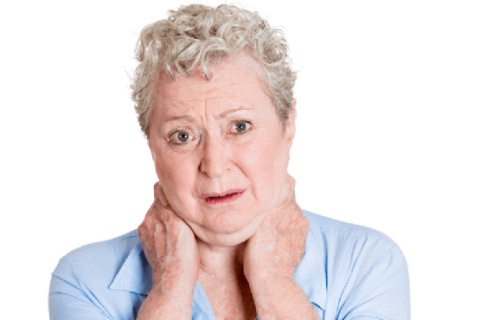Spotlight on Spinal Stenosis

Although the spine is a row of just 26 bones in your back, it allows you to stand up straight and bend over, and even protect your sensitive spinal cord from being injured. Unfortunately, this means spinal disorders or injuries typically result in mild to severe back and neck pain. One common spinal condition is known as spinal stenosis, which is a narrowing of the spine in the center of the spine, in the canals where nerves branch out, and/or the space between vertebrae. If you are experiencing back or neck pain, read on to learn more about a possible culprit.
Causes of Spinal Stenosis
Aging is the primary cause of spinal stenosis. As people get older, the bands of tissue that support the spine get thick and hard, causing the spine to narrow. Arthritis (especially osteoarthritis) can also cause spinal stenosis. While rare, there are some inherited conditions that may also cause this spinal condition.
Signs and Symptoms of Spinal Stenosis
Symptoms of spinal stenosis often appear slowly and get worse over time. The most common signs of spinal stenosis include pain in the neck and/or back, numbness or pain in the arms and/or legs, pain radiating down the leg, and foot problems. Cauda equine syndrome is another type of spinal stenosis which places pressure on the nerves in the lower back and causes loss of control of the bowel or bladder and pain or loss of feeling in one or both legs.
Treatment for Spinal Stenosis
Because spinal stenosis has many causes and symptoms, you will need to schedule a one-on-one consultation with a spinal doctor to determine the best course of action. Depending on the severity and location of your spinal stenosis, your doctor may prescribe non-surgical treatments such as medication or physical therapy. If symptoms get worse or do not go away, your doctor will likely suggest surgery.
If you believe that you are suffering from spinal stenosis, schedule an appointment with Dr. Perry at the Spine Institute of Nevada. We specialize in the full spectrum of spinal care and are committed to easing your back, neck, and spinal pain. Visit our website to learn more about our surgical and non-surgical options, or call 702-239-3787 to schedule an appointment with Dr. Perry.
